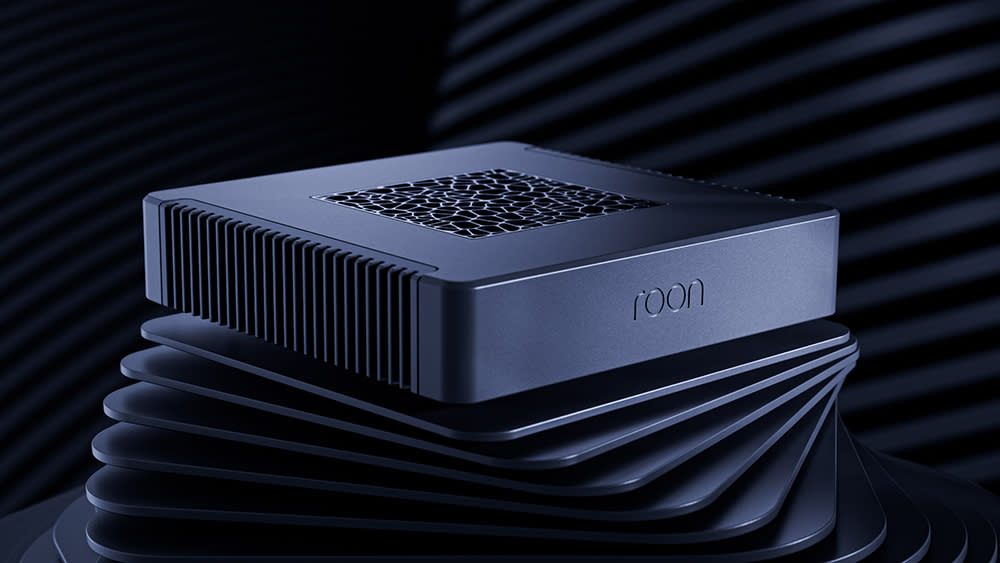Roon's Nucleus One server pairs audiophile performance with unprecedented affordability

To complement its core business as a subscription-based music management software platform, Roon makes hardware servers for Roon users to store and stream their music library. The company, which was recently acquired by Harman, recently announced its flagship Nucleus Titan server, and now has introduced a much more affordable model, the Nucleus One, to complete a two-strong lineup.
Roon is promising audiophile sound quality and affordability from the Nucleus One, which costs $500 (approximately £400 / AU$780) – considerably less than the starting price of the $3699 Titan, and making it the cheapest Roon server ever. It replaces the previous, pricier Nucleus server with “updated hardware” and a “cutting-edge performance” the company says is comparable to previous models.
The Nucleus One offers space for 2.5-inch internal SATA drives (SSD or HDD) for an 8TB storage capacity, which would accommodate roughly 10,000 albums or 100,000 tracks. There’s also networked storage (NAS), two USB-A ports and one audio-only HDMI socket.
The new Nucleus can facilitate up to six zones of multi-room streaming, too, and underneath its matte black polycarbonate enclosure (which shares a likeness to the Titan’s chassis) is an internal fan that assists cooling via dual vents concealed in the wings of the enclosure.
Speaking of Roon’s aim for the Nucleus One, company founder Enno Vandermeer refers to its first Sooloos system from nearly 20 years ago: “That product had a five-figure retail price, and we've been on a mission ever since to develop something we could recommend to our friends and families. Nucleus One is the culmination of all our experience up to this point: a dedicated Roon server for the price of an off-the-shelf mini PC."
MORE:
Want to read up on Roon? Here's how Roon works and how to try it for free
Roon’s CEO talks acquisitions, hi-fi enthusiasts and the “tyranny of choice” for music streamers
Starting from scratch? Here's how to build your own digital music library
